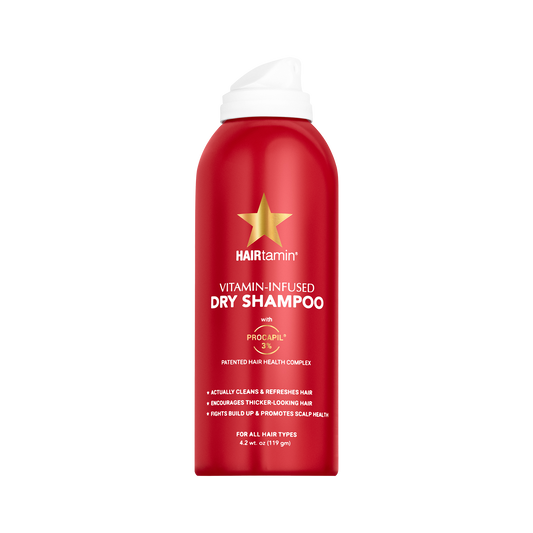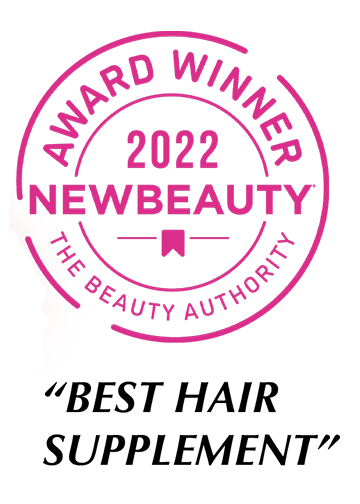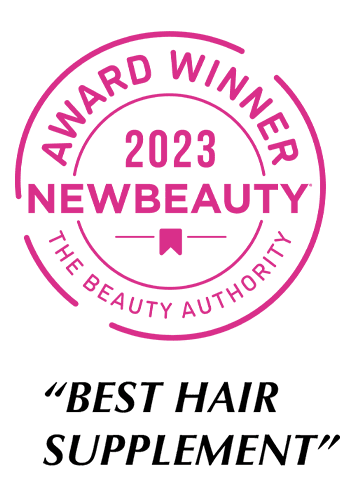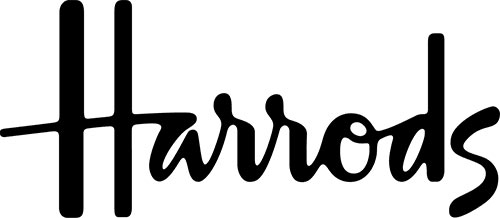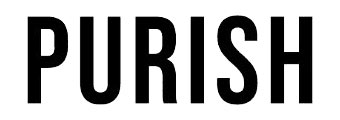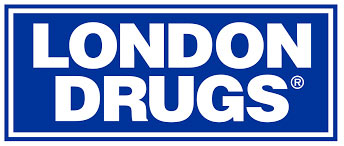You’ve probably seen them on your feed — those pastel-colored bottles promising thicker hair, less shedding, and a stronger, shinier mane. With glowing reviews and before-and-after pics, hair vitamins have become a staple in many beauty routines.
But one question still lingers: Are hair vitamins safe?
This guide breaks it all down — from what’s actually inside hair vitamins to how to take them safely, what to avoid, and how to pick a product that really works.
What Are Hair Vitamins?
Hair vitamins are dietary supplements packed with nutrients that support scalp health, follicle strength, and healthy growth. They often include:
- Biotin (Vitamin B7) – For keratin production and strand strength
- Zinc – Helps with cell turnover and oil balance
- Vitamin A – Supports sebum production
- Vitamin D – Plays a role in follicle cycling
- Folic Acid – Encourages cell growth
- Vitamin C + E – Antioxidants that fight follicle stress
- Selenium, Iron, B-complex – For circulation and cellular repair
Are Hair Vitamins Safe to Take?
Generally, yes — they’re safe for most healthy adults when taken as directed. But it’s important to be mindful of a few things:
1. Stick to Safe Dosages
Too much of a good thing can backfire. High doses of vitamin A or selenium may actually cause hair loss instead of preventing it.*
2. Be Aware of Biotin Lab Interference
High doses of biotin can interfere with blood test results — including thyroid and heart labs. If you have upcoming lab work, pause your biotin supplement a few days beforehand.*
3. Talk to Your Doctor if You’re Pregnant or Taking Medication
If you're breastfeeding, have a medical condition, or are on medications, it’s smart to check with your doctor first. Certain herbs or nutrients might not be right for everyone.
Do Hair Vitamins Actually Work?
They can — especially if your hair issues are related to nutrition, stress, or hormonal shifts.
A 2019 clinical study found women who took a supplement containing biotin and botanical extracts had thicker, shinier hair in 90 days.*
That said, hair grows slowly — so it often takes 3 to 6 months of consistent use to see real results. Stay patient and stay consistent.
Common Hair Vitamin Concerns
Do They Cause Breakouts?
In some cases, high doses of biotin may trigger breakouts by affecting other B vitamins. If you’re breakout-prone, choose a balanced formula and drink plenty of water.*
Do They Mess with Hormones?
Most formulas don’t contain hormones. But some include ingredients like saw palmetto or zinc, which may support hormone balance — not disrupt it. Still, if you have a hormonal condition, check with your provider.
What to Look For in a Safe Hair Supplement
- ✅ Clean label (no artificial fillers or dyes)
- ✅ Third-party tested for purity and potency
- ✅ Real customer reviews
- ✅ Balanced nutrient levels (not overloaded with just biotin)
One trusted option that checks all these boxes is HAIRtamin Advanced Formula. It’s formulated with biotin, turmeric, zinc, and antioxidants to support healthy hair growth — without the sugar, gluten, or synthetic fillers.
How to Take Hair Vitamins Safely
- ✔ Take with food
- ✔ Stay hydrated
- ✔ Be consistent — daily use matters
- ✔ Give it time — at least 90 days
Final Thoughts
Hair vitamins are safe for most people — and they can absolutely support your hair goals when combined with a healthy lifestyle. Just choose a clean, balanced formula from a trusted brand, like HAIRtamin Advanced Formula, and give your hair the consistent, internal support it needs to thrive.
Sources
- NIH Office of Dietary Supplements. https://ods.od.nih.gov/factsheets/list-all/
- FDA Biotin Safety Advisory. https://www.fda.gov/medical-devices/safety-communications/biotin-lab-interference-fda-safety-communication
- Gavazzoni Dias, M.F.R. Clinical Cosmetic and Investigational Dermatology, 2015. https://www.ncbi.nlm.nih.gov/pmc/articles/PMC5315033/
- Ablon, G. Dermatology and Therapy, 2019. https://link.springer.com/article/10.1007/s13555-019-0308-6
- JCAD: Nutraceuticals for Hair Loss. https://jcadonline.com/hair-loss-nutraceuticals-review/
- Dermatology Times. Biotin and Acne. https://www.dermatologytimes.com/view/how-biotin-affects-skin-and-acne

